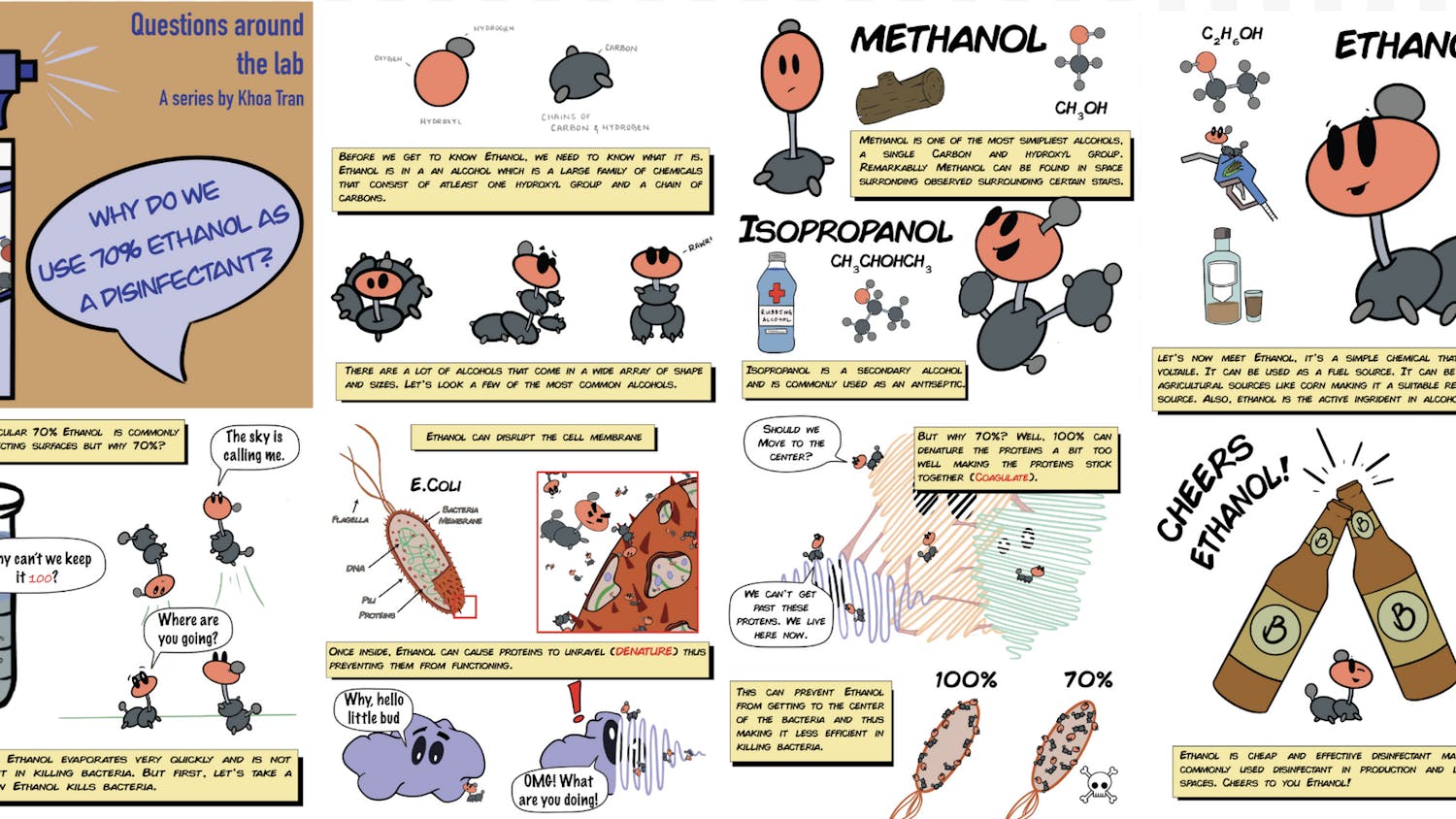The issue of the workplace’s impact on workers’ physical and emotional health has been a topic of discussion largelynot part of the portfolio of the Office of the Surgeon General. That was the standard until a recent report was released on Oct. 20, 2022, by Surgeon General Dr. Vivek Murthy.
The “Surgeon General’s Framework for Mental Health & Well-Being in the Workplace” was published, as Murthy shared on “PBS NewsHour,” because “it’s undeniable that the workplace has a powerful impact on our mental health. … Many workers are going through a reckoning [after the pandemic] where they’re asking themselves what they want out of work and also what they're willing to sacrifice for work.”
The report highlights some alarming statistics about the reality of the modern workplace in the aftermath of the pandemic’s influence on the evolving dynamic between workers, well-being and the workplace. Namely, 76% of workers surveyed in 2021 reported at least one symptom of a mental health condition, amounting to a 17% increase in two years. 84% of respondents also reported at least one workplace condition that negatively impacted their mental health.
There are over 160 million members of the U.S. workforce, and as such, the conditions of the modern workplace and its impact on well-being and mental health have become a crucial public health priority. The report, however, is intended to be more than a study of the toxic workplace and its ongoing negative impact on public well-being. It also aims to “spark organizational dialogue and change in the workplace … [and] catalyze areas for further research, strategic investment, and broader policy advancement.”
The report details the “Five Essentials” for workplace mental health as a means of supporting workplaces as “engines of well-being.” The report exemplifies the OSG’s belief that the American workplace environment can be reimagined in the image of the “Five Essentials” to become a space that better supports its workers, resulting in improved physical and mental health and a greater sense of community and of meaning.
The “Five Essentials” outlined by the framework are protection from harm, connection and community, work-life harmony, mattering at work and opportunity for growth.
Protection from harm emphasizes physical and psychological safety, rest and supporting mental health in the workplace. Meanwhile, connection and community highlights the need for inclusion, collaboration and solid relationships in the workplace. Work-life harmony is grounded in much of pandemic-inspired discussions of worker flexibility and autonomy. Mattering at work addresses the need for a living wage, connecting the individual to their organization’s mission and improving workplace culture. Finally, opportunity for growth reflects the importance of equitable pathways for workers’ career advancement, feedback, mentorship and education.
The report represents a perspective on workplaces as opportunities to reinvest in the well-being and mental health of workers across the U.S. Centering around worker voices, the framework also facilitates recovery from the pandemic and promotes the health of the workplace environment as well those working in it.
What remains to be seen is the implications of the surgeon general’s report on workplaces and whether its sentiments will exist in isolation or translate to the practical execution of the “Five Essentials” outlined in the report. For employers across the country, the issues the report outlines must be revisited and addressed periodically, according to Dennis Stolle, the senior director of the American Psychological Association's office of applied psychology.
“Sustainable change must be driven by committed leaders in continuous collaboration with the valued workers who power each workplace,” the report stated.





